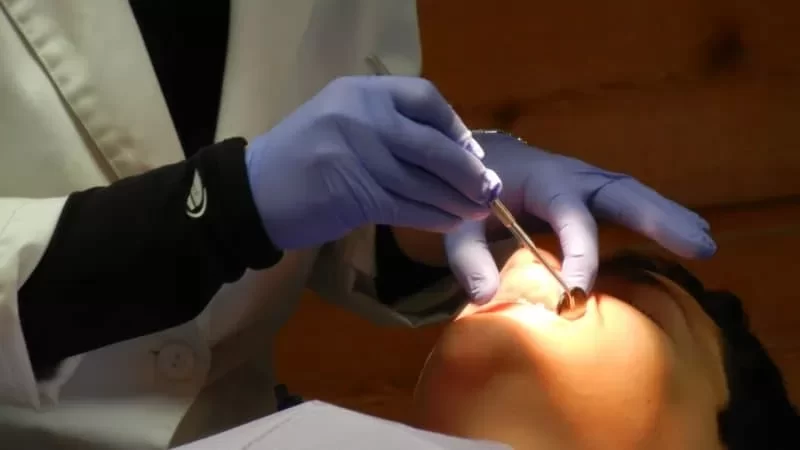What should you do before a dental appointment? We take a look at some common misconceptions so you can bring your best to your next check-up.
There are a lot of myths floating around the internet about how you should best prepare for an upcoming dentist’s appointment. But which of these are facts, and what will be most helpful for your local dentist? Before dropping in to your local Annandale dentist, here’s the advice we would most like to give to our patients.
Come as you are
It’s important to remember that dental hygiene is a long-term lifestyle, not merely a sequence of touch-ups. So while it might be tempting to brush extra hard and show off your pearly whites, this assumption might be detrimental to the effectiveness of your routine visit. If your dentist sees your teeth’s condition as exactly what they are from the day to day, they will be able to give a more accurate assessment for their procedure.
In the week leading up to your procedure, do not make any drastic adjustments to your everyday dental hygiene routine. If you haven’t been flossing since your last check-up, then a week before an appointment is not the time to start. The reason for this is that your gums need time to adjust to changes in routine, and aggressive brushing or flossing with an abrupt start can damage or weaken the gums, and potentially make a dental check-up more challenging or painful.
Lastly, do try to engage in mindfulness and relaxation strategies if you know yourself to be someone who gets nervous. Patients who are calm and willing always have more productive sessions with their dentists. That being said, it is best to stave off non-prescription stimulants or depressants such as coffee or alcohol, as these substances can alter the way your body reacts to external stimulus, and thus pose an additional challenge for a dentist to adjust to.
Do have some food
It’s a common misconception that food should be avoided before a visit to the dentist; actually, the opposite is true. Annandale Dentist recommends having a substantial meal a few hours ahead of a dental appointment, rich in proteins to keep you fuller for longer. Try to avoid carbohydrates or other processed, sugary foods, as this might result in a crash in energy. If a patient is tired, hungry or irritable during a dental procedure, it naturally increases their body’s inclination to stress. Furthermore, some procedures may prohibit the consumption of solids for a few hours afterwards – so having a better meal beforehand will alleviate the urge to bend the rules.
Catalogue your requirements
It is important to clearly communicate with your dentist what your current condition is, so they can work around your preferences. Dentists always welcome input from patients as everyone’s experience is different, and ultimately a painless and complication-free procedure is to everyone’s benefit.
Things your dentist should know are your records from previous visits if you’ve been to other centres, as well as any current prescription medication you may be taking. Furthermore, any intermittent aches or pains, or any noted abnormalities in your dental health should be communicated openly too. Lastly, if you are someone who gets anxious, it can be good to let the dentist know beforehand, as many will have a variety of strategies to help you relax. A good dentist will make the patient feel at ease, so that these issues do not need to be hidden for fear of guilt or embarrassment.
As your local Annandale dentist these are our top suggestions for people who have a dental appointment scheduled. We don’t want our clients to ever feel stressed or apprehensive about a visit to a dentist, which is why we ensure all our staff are ready to address each client’s individual needs. With cooperation, we hope that your next dental visit can be a productive and a pleasant one!






